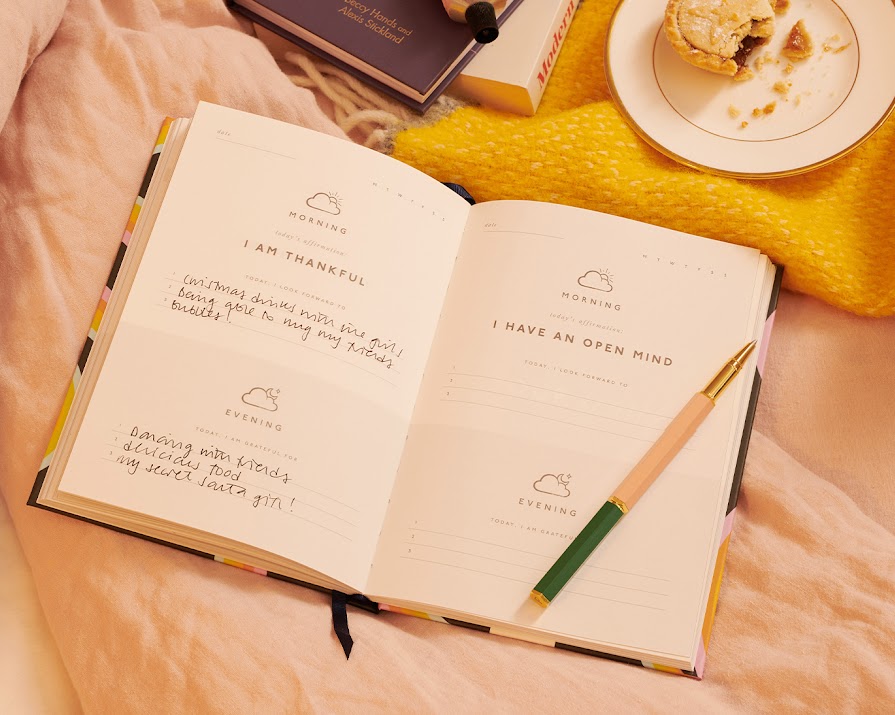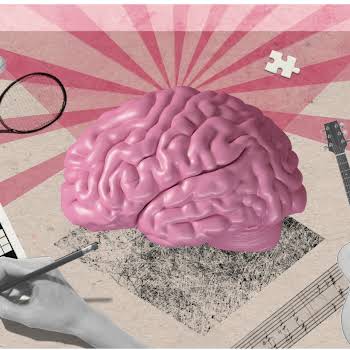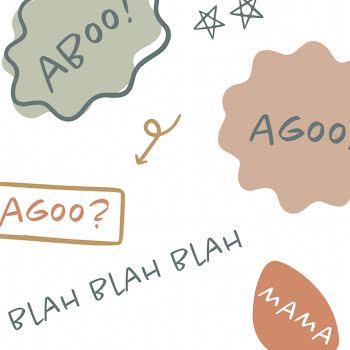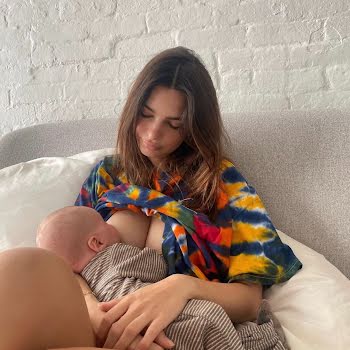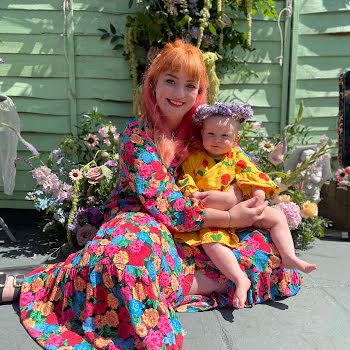
Practicing gratitude has so many benefits – here’s how it’s done
By IMAGE
08th Jun 2022
08th Jun 2022
Practicing gratitude has been proven to make us happier. Liz Shortall explains how, and the practical steps we can take to practice at home.
Seeking out the good is simply called practicing gratitude, gratefulness or thankfulness.
It’s important to explore gratitude because it helps us appreciate all the good in our lives, it promotes positive mental health, overall health and in turn promotes greater resilience. Especially during these challenging times when many of the activities and events we look forward to, that make us happy and grateful are not currently available or accessible.
While our normal feel good habits are absent in our lives our gratitude will naturally decrease. So when we need it most, feeling grateful will not automatically come and find us. We have to actively cultivate gratitude by practicing it.
The good news is we can induce it whenever we wish!
What are the benefits?
- Higher levels of happiness and emotional wellbeing
Research shows us that it is important to choose our thoughts wisely. What we think about impacts how our brain perceives the world and ourselves. When we express gratitude or have a grateful disposition we tend to have higher levels of happiness or well-being. We suffer less with anxiety and low self-esteem.
- Healthier copings strategies and relationships
We tend to be more independent and to develop healthy coping strategies. For example being able to communicate effectively and to respond and not react in situations, can improve and create new relationships. People respond positively when they feel appreciated by each other.
- Improved physical health
Our physical health also benefits, grateful people are more likely to look after their health by attending check-ups and regularly exercising. They actually report less aches and pains when compared to those who do not practice gratitude. People who practice gratitude are less likely to use mind altering substances as a coping strategy.
- Greater resilience
When we practice gratitude we learn more quickly from our mistakes and from life lessons. The definition of madness is doing the same thing or making the same mistake over and over and expecting different results. Practicing gratitude can increase our awareness of what impacts us positively and negatively. So we can make the best choice for ourselves. It can enhance empathy and reduce aggression. It decreases less desirable emotions such as regret, frustration or envy. It also supports recovery from traumatic events.
- Greater life satisfaction
We can have a greater sense of satisfaction with our lives, sleep better and be more generous. Those of us who practice gratitude also tend to have less negative coping mechanisms or to blame ourselves or others.
So how can we practice being grateful?
- Make a Daily List
According to research this is the most powerful gratitude exercise you can do. I have a journal where I list what I am grateful for every single day. I do this because it makes me feel happy. When I first learned about gratitude many years ago, I had to force myself to do it. Each evening when I did the washing up after dinner (I did not have a dishwasher yet), I made myself find three things I was grateful for. Usually it was my home, my kitten and I had to struggle to find one more thing to list. I was somewhat blind to all the good or potentially great things in my life and in turn I was less happy. From years of practicing gratitude today I can fill a page easily with all the things I appreciate about my life. In turn I believe I am a more positive and resilient person.
- Take 5! Focus Your Mind on 5 Things You Are Grateful For
We are surrounded by many wonderful people, places and things when we stop to notice them. Being grateful will not make negative feelings or circumstances disappear but it will shift our focus and feelings onto the positive. It helps to put the negative aspects into perspective, which can only improve your mood. We can start by saying thank you for every single good moment, individual, luxury or experience in our lives.
- Start Saying “Thank you” More Often
Say thank you for everything, to everyone. We all love to be thanked. You will feel happier for saying it. For me it can range from something so simple such as a delicious hot cup of coffee, to my husband and my two little girls. Doing this brings me back to the day and the life I am living now. That is all we ever have, the present. If the moment we are in is ok, then we will be too.
- A Gratitude Letter and Visit
You can write a letter to someone who has made a positive impact on your life in some way. According to the research it is very powerful to turn up and read it to the individual. This is not for everyone. I find sending gratitude notes, cards, texts and gifts relays the message effectively too.
- Write Thank You Notes
When someone does something to make you smile, happy or makes your life that bit easier you can write them a note. Texts and emails are good too. We all love to receive a text or an email saying “thanks for being a great friend.” I recently saw a very sweet idea called “heart attack”. The family cut out paper hearts and wrote everything they appreciated about their loved ones on them. They decorated their relative’s front door with the hearts to say thank you.
- Be consistent
The important thing is to practice consistently, either daily or a few times a week. The less you feel like doing it, the more likely you need it. Some days I am grateful for every single thing I can think of in my day. Other days it may just simply be finding what surrounds me in that moment such as the chair I am sitting on or this keyboard.
- Use a mantra
If your schedule is jam packed then this quick one line mantra is useful:
I am grateful every day for all the good I have in my life.
Regardless of what is going on in my day I try to write a gratitude list or take 5 minutes to focus on five good things in my life for two reasons. One it makes me genuinely happier and two I try not to take my life or any simple joy and pleasure for granted. I keep it up, because it keeps me up.
While practicing gratitude we do not try to block out the harder times or emotions that inevitably occur in all of our lives. However, when I am practicing gratitude daily, I feel I have positivity protecting me. Simply by thinking about all the good surrounding me that I can quickly bring to mind. This usually helps to keep the more challenging aspects of life manageable. In my personal and professional experience being grateful helps us to remain resilient.
Being happy does not cause us to be grateful. It is being grateful that makes us happier.
To get in contact with Liz Shortall or for updates on her upcoming books visit themindfulplayground.com/
Photography via Papier.











